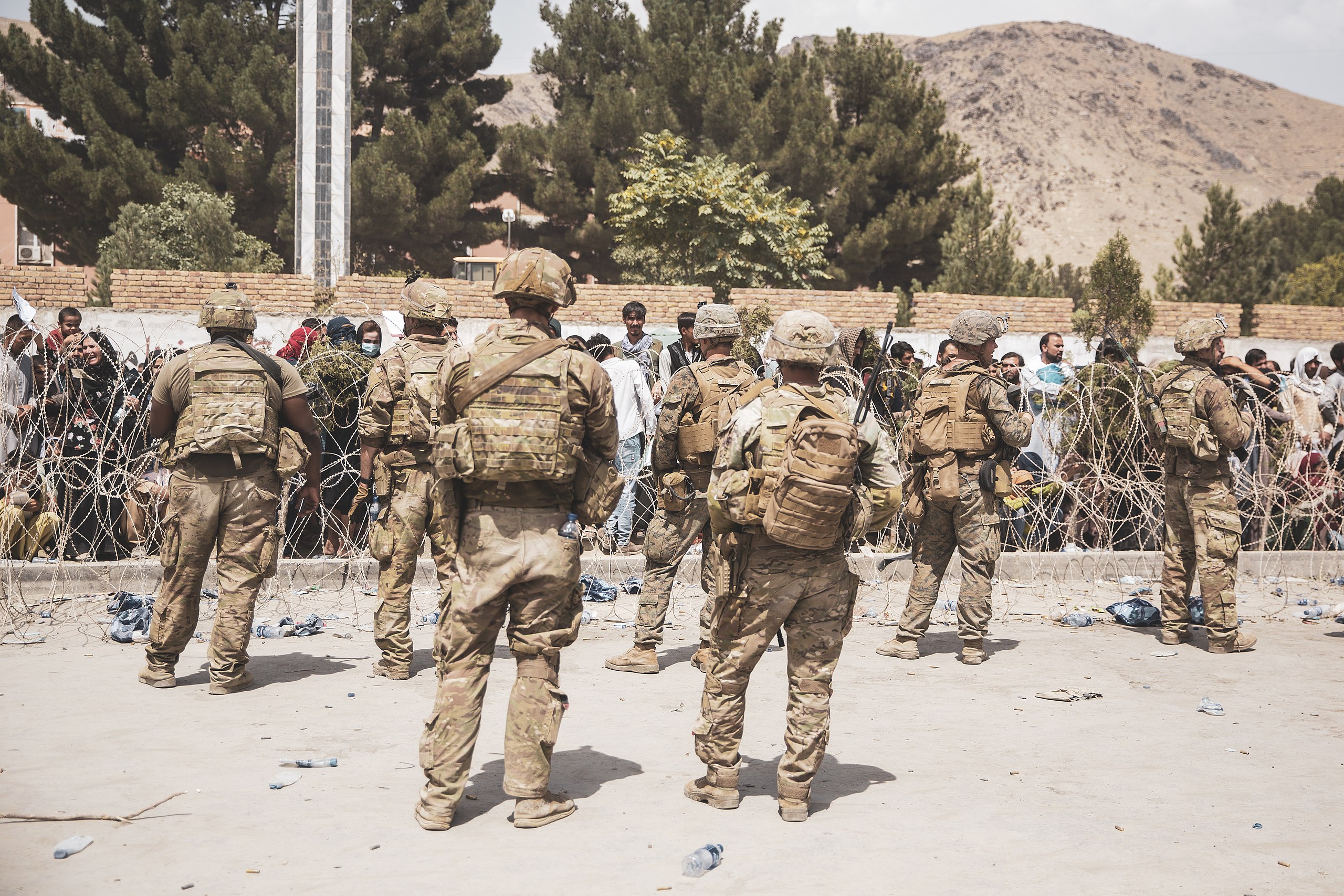
Lauren C. Moye, FISM News
[elfsight_social_share_buttons id=”1″]
A special investigator appointed by the House Oversight and Reform Committee says his efforts to investigate how Afghanistan fell to the Taliban despite 20 years and $90 billion in U.S. support says his probe was hampered by the Pentagon and the State Department, both of which refused to cooperate.
On Sept. 10, 2021, the House Oversight Committee directed John F. Sopko, appointed as Special Inspector General for Afghanistan Reconstruction (SIGAR), to probe factors beginning 20 years ago that contributed to the collapse of the Afghanistan National Defense and Security Forces (ANDSF). Sopko was also tasked with accounting for all U.S.-provided equipment and U.S.-trained ANDSF personnel.
The House Armed Services Committee also authorized a similar probe on Sept. 23, 2021. However, Sopko claims that the State Department and Department of Defense were uncooperative with his efforts after releasing an interim report in May 2022 for review.
“The Department of Defense (DoD) and Department of State declined to review that interim draft, denied us access to their staff, and mostly declined to answer requests for information. This limited SIGAR’s ability to perform this evaluation,” Sopko wrote in a sidebar to his final report released on Monday.
The Pentagon objected to this characterization.
“I also wish to highlight the efforts undertaken by DoD to cooperate with SIGAR during the development of this report,” S. Rebecca Zimmerman, the deputy assistant secretary of defense, said on Feb. 16 after reviewing the final draft.
Zimmerman claimed her staff met with SIGAR after receiving the interim report and provided written answers to his questions.
“SIGAR strongly disagrees with DOD’s characterization of their engagement on this report. In fact, DOD only provided limited responses to SIGAR’s request for information (RFI) and missed every deadline for responding to SIGAR’s questions or for providing feedback to vetting drafts of this report,” Sopko responded.
In place of interviewing U.S. officials, SIGAR interviewed Afghanistan and U.S. military leaders who were involved in the reconstruction and subsequent collapse of the ANDSF.
REPORT UNFAVORABLE TO PENTAGON, STATE DEPARTMENT
Sopko’s analysis in the report is unfavorable to the Afghanistan reconstruction leadership and Biden administration officials involved in the disastrous withdrawal. He highlighted six “short-term factors” surrounding the U.S.-Taliban agreement and the subsequent complete withdrawal of U.S. troops in August 2021 that accelerated the ANDSF collapse.
“In addition, we identified eight systemic factors that explain why, after 20 years and nearly $90 billion in U.S. security assistance, the ANDSF was vulnerable to collapse in the first place and ill-prepared to sustain security following a U.S. withdrawal,” Sopko stated.
Factors highlighted by the SIGAR report included poor communication of withdrawal plans to Afghan military leaders, a failure to create a self-sustaining ANDSF, and the U.S. attempting to create a “mirror imaging” of the U.S. military and fighting styles instead of tailoring tactics to Afghan military forces and equipment, among other criticisms.
This latter factor was key in destabilizing the ADNSF after the brokering of the U.S.-Taliban deal because the U.S. abruptly cut air support which had protected ground troops while forcing the Taliban to stay in rural areas. The Afghanistan Airforce was unable to replace U.S. support, so the Taliban was able to mass forces for a full-scale military assault.
The SIGAR also discovered that a full accounting of U.S. military equipment did not exist even before the Taliban takeover. Some Afghanistan military officials trained by the U.S. also defected to the Taliban.
PENTAGON AND STATE DEPARTMENT UNCOOPERATIVE AFTER RECEIVING INTERIM REPORT
After submitting the interim report to the DOD and State Department, both departments objected to the scope of SIGAR’s probe of U.S. funds to Afghanistan given after the U.S. troop withdrawal.
“While certain assistance may once have fallen under SIGAR’s jurisdiction insofar as it was part of the United States’ broader reconstruction effort, our assistance after August 2021 is no longer being provided for the reconstruction of Afghanistan,” Richard Visek, acting legal adviser to the State Department, said in a July 8, 2022 letter.
Visek noted that their own Inspector Generals and the Afghanistan War Commission are providing oversight on some of the information requested by SIGAR.
“De-duplicating these efforts and ensuring that they are handled by duly mandated oversight bodies will guarantee that taxpayer dollars are spent efficiently and that each body’s investigative expertise is put to its best and highest use,” Visek said.
The Afghanistan War Commission — comprised of 16 members who were equally appointed by Democrats and Republicans — contains individuals who were directly involved in the failures they would then be tasked to investigate.
